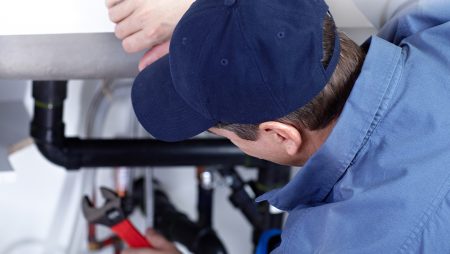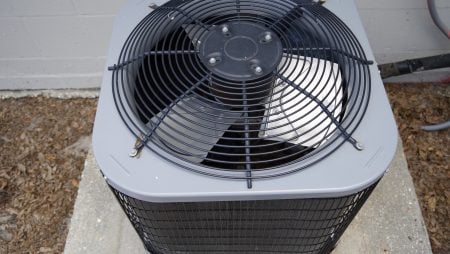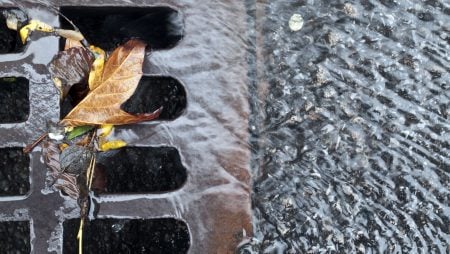Avoid a sewage system horror story and think twice before you flush your disposable wipes. Lately, repeated headlines in the news about horrific septic system disasters illustrate that “flushable” disposable wipes are not, in fact, safely flushable. For example, the 15-ton “fatberg” dislodged from a London sewer last fall was “caked in grease and fortified with wet wipes.” Another prime example is the City of Atlanta, where Atlanta Watershed Management’s sewer system centrifuges — machines that help manage their sludge — now have to be replaced at a cost $2 million each.
These stories about costly sewage system clogs have increased exponentially as of late due to more disposable wipe products hitting the market in the past few years. The problem is compounded by a seemingly ever-increasing line of “wipe” products: baby wipes, hand and face wipes, feminine hygiene wipes, bathroom wipes, kitchen wipes, makeup-remover wipes.
Companies advertise these disposable wipes as “flushable” or “safe for sewer and septic systems,” but independent tests have found otherwise.
In fact, a 2012 staff report by California’s Orange County Sanitation District noted that “field observations have found [flushable wipes] to be a cause of back-ups within the sewer system leading to sanitary sewer overflows, clogs at lift stations, and disruption within the treatment plant.” The report also summarized the results of the district’s flushability test: “After 24 hours the wipe remained intact and recognizable.”
Because the wipes do not disintegrate easily or quickly, they clog sewage treatment equipment, lift stations, and sometimes home septic systems as well. If you are a property manager or on the board of a home owner association, you would do well to advise your residents about the effects these wipes have on pumps, lift stations, and plumbing — and the costs associated. The National Association of Clean Water Agencies has reported the high costs associated with flushed wipes along with photographic evidence of wipe clogs.
In response to complaints, Kimberly-Clark, the company behind brands like Cottonelle and Huggies, posted a video that purports to show how flushable wipes break down once flushed. It is important to note, however, that even in their own testing lab (which certainly does not appear to simulate the grime and obstructions found in real-world sewage systems) the wipes began to disintegrate only after 35 minutes of constant agitation.
Since the term “flushable” is not yet legally defined or regulated by the Federal Trade Commission, companies can still label these disposable wipes as such. So while “flushable” wipes can technically be tossed into the toilet and flushed down, the “flushable” label as it is currently used fails to address the myriad of issues that arise once the wipe goes down the pipes.
A secondary problem with flushable wipes is that they are similar in function and appearance to wipe products that are especially designed to be disposed of in the trash rather than the toilet. Baby wipes or facial wipes, for example, are not even marketed as flushable and may contain logos or notices on the packaging that warn consumers not to flush. Often this labeling is tucked away in fine print on the packaging, so consumers who have heard of “flushable” wipes may simply assume that because non-flushable wipes look similar, they can be flushed as well. With that, said, however, it’s important to remember that both flushable and non-flushable wipes contribute to “fatberg”-like clogs.
To curtail these issues, avoid flushing any type of wipe, “flushable” or otherwise, down the toilet. This will prevent costly clogs and environmentally damaging overflows at your local sewage system or, if you are a property owner or manager, your own lift station. In fact, it would be best to avoid disposable wipes completely since they produce waste that should end up in a landfill, and more sustainable alternatives (such as your normal dissolves-quickly-in-water toilet paper made of unbleached recycled paper) exist. But if you can’t let go of your wipes, make sure they are properly disposed of — in the trash.
If you are a property manager or homeowner association who is dealing with a clogged or damaged lift station, please don’t hesitate to call Avis Plumbing and Air Conditioning at (239) 542-4421 to get your problem resolved by professionals with the proper experience and equipment to ensure your property’s plumbing remains worry free.







No Comment
You can post first response comment.